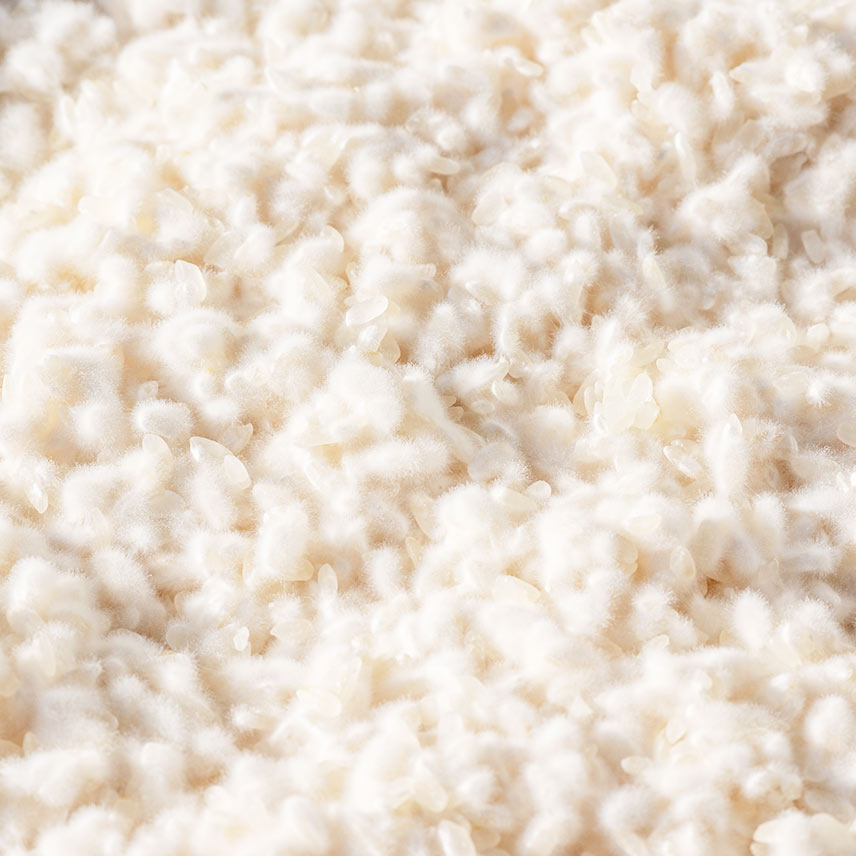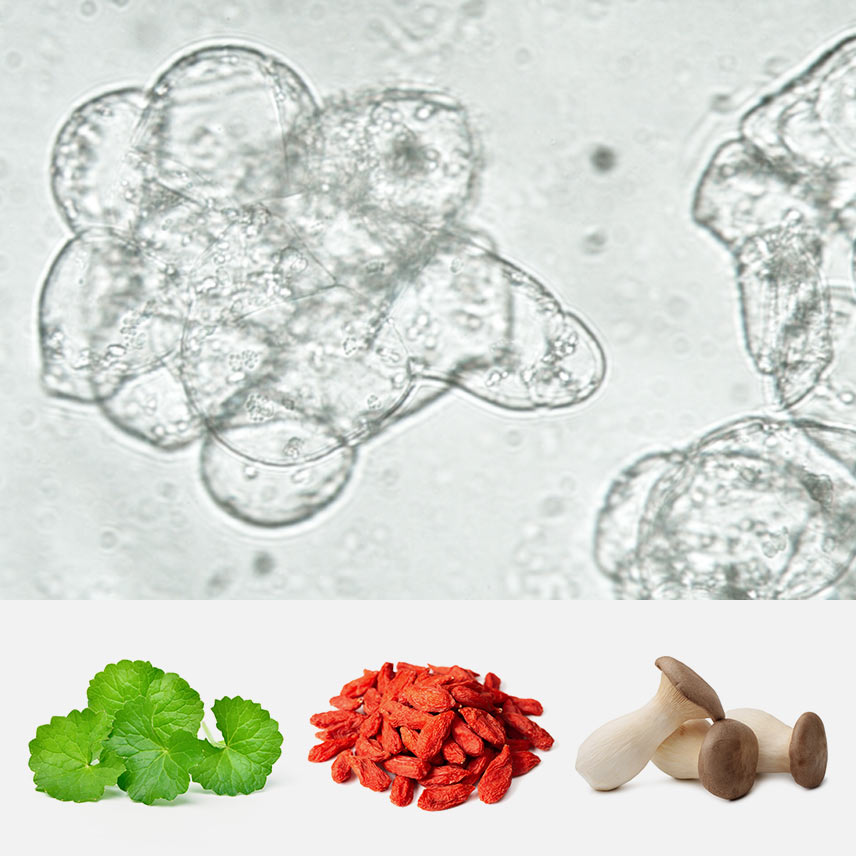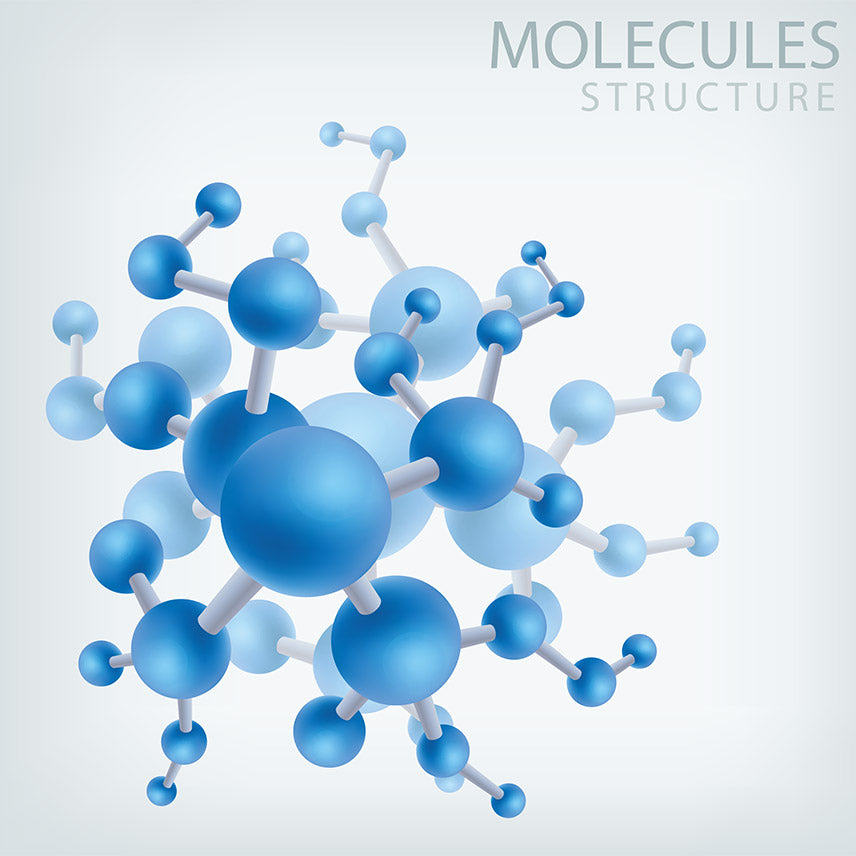Fermentation, Exosomes, and Functional Peptides Work on Your Skin

"Celulu.b" redefines aging beauty by integrating advanced medical technology with the time-honored Japanese tradition of fermentation.
Celulu.b's beauty serum masterfully blends three key ingredients: plant exosomes that pinpoint and repair damaged areas, functional peptides that stimulate cell growth and foster skin rejuvenation from the inside out, and traditional fermented elements that have been a staple in Japanese skincare for centuries. This potent combination revitalizes the skin, restoring its natural health and vitality.



The traditional secret to beautiful skin in Japan lies in the power of fermentation, enhancing the skin's moisture retention capabilities.
Fermentation, the process of leveraging microorganisms or microbial enzymes to transform organic matter into substances beneficial to humans, is a rich source of natural ceramides and amino acids essential for skin health. In Japan, this technique has been integral to daily life for over a millennium, celebrated for its health and skin benefits. The "Rice Bran Fermentation Extract," derived from nutrient-dense rice bran during the rice polishing process, significantly boosts the skin's hydration by enhancing natural moisturizing factors that lock in moisture within the stratum corneum and bolstering the skin's barrier function. This ancient method also protects against environmental damage, improves skin firmness, and maintains overall skin health. The enduring legacy of fermentation, with its proven track record and historical significance, continues to offer modern society a connection to its past and a testament to its efficacy.



Plant-derived exosomes target sagging skin, enhancing firmness and elasticity.
Living organisms are composed of microscopic units called "cells," which house a variety of substances on an even smaller scale. Among these substances are exosomes, which are secreted by cells and carry a wide array of "information." This information is exchanged between different organs and cells, influencing various bodily functions, including disease progression, aging, and health maintenance. Recent research has begun to uncover the functions and roles of exosomes, drawing attention to their potential in disease treatment and anti-aging efforts. Exosomes are known to stimulate fibroblasts, the cells responsible for producing collagen and elastin, directly targeting and repairing damaged areas. By activating fibroblasts, exosomes boost the production of collagen, which hydrates and firms the skin, and elastin, which links collagen fibers and maintains their structure. Consequently, exosomes are recognized for their beauty-enhancing effects, indirectly promoting collagen and elastin synthesis through fibroblast activation.



Peptides specifically target dark circles, sagging, and wrinkles around the eyes, addressing these concerns directly.
Peptides consist of chains of amino acids, with their effects varying based on the specific amino acids they contain. Those peptides beneficial to human health and appearance are known as "functional peptides." These peptides are renowned for their potent moisturizing capabilities and rapid skin absorption, facilitating skin renewal and rejuvenation. They stimulate cell growth and promote a healthy skin turnover from within, thereby increasing skin flexibility and elasticity. This contributes to improved aging signs and hydration levels, reduces pigmentation, and enhances the production of the moisturizing agent hyaluronic acid. Furthermore, functional peptides boost metabolism, leading to healthy, flawless skin. Their significant antioxidant properties also play a crucial role in breaking down waste materials that lead to blemishes and wrinkles, offering a comprehensive approach to skin care.

